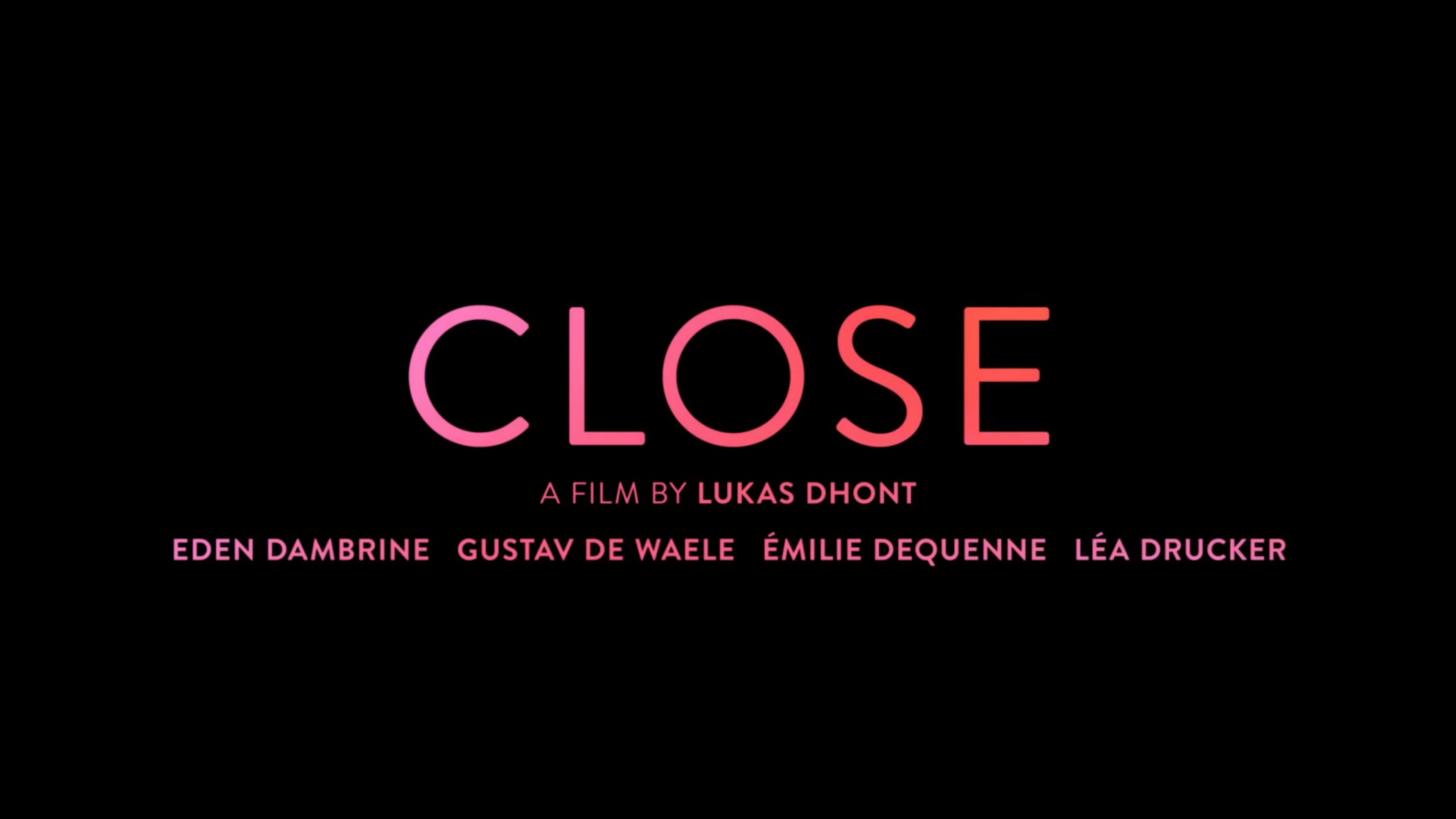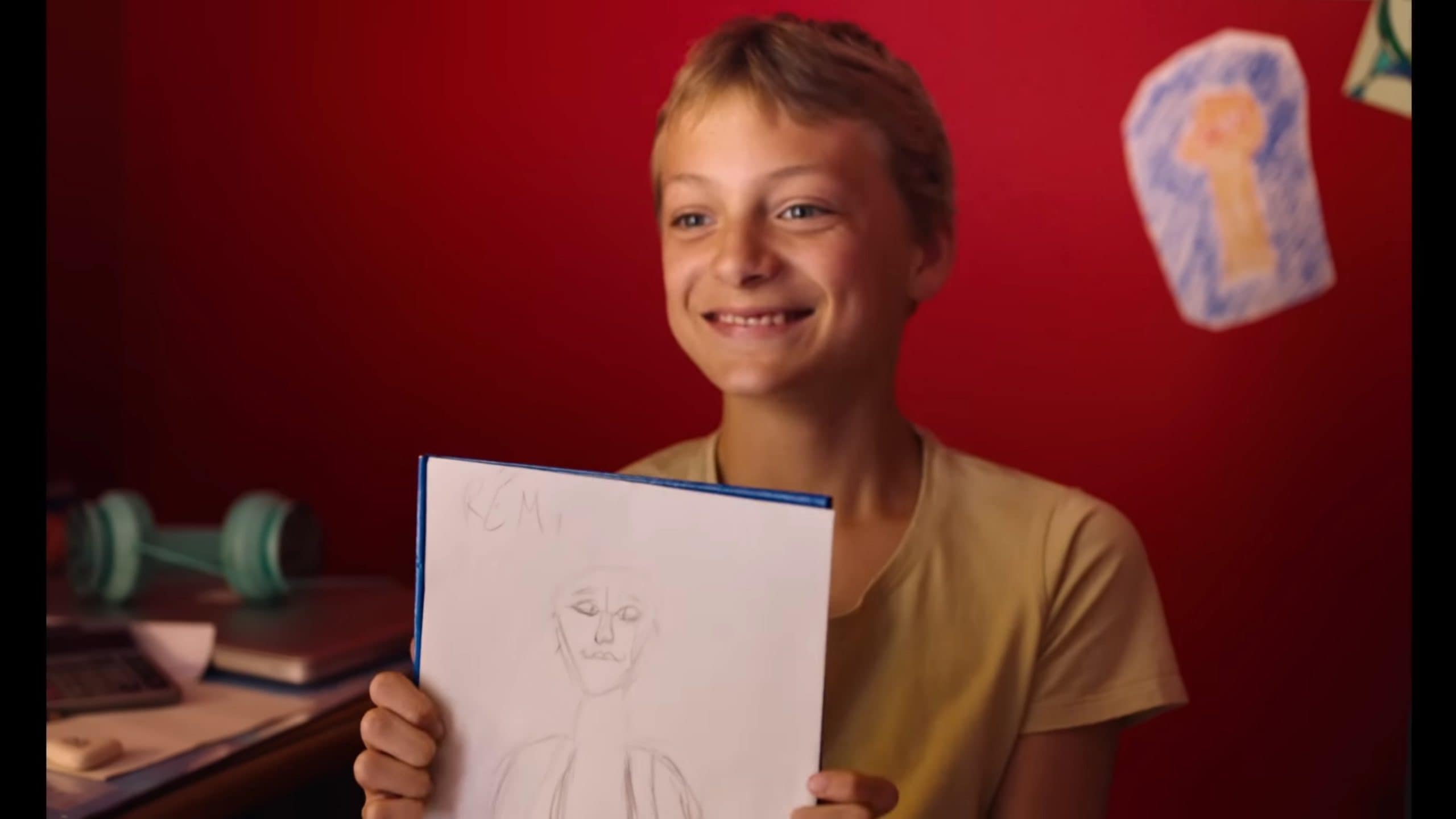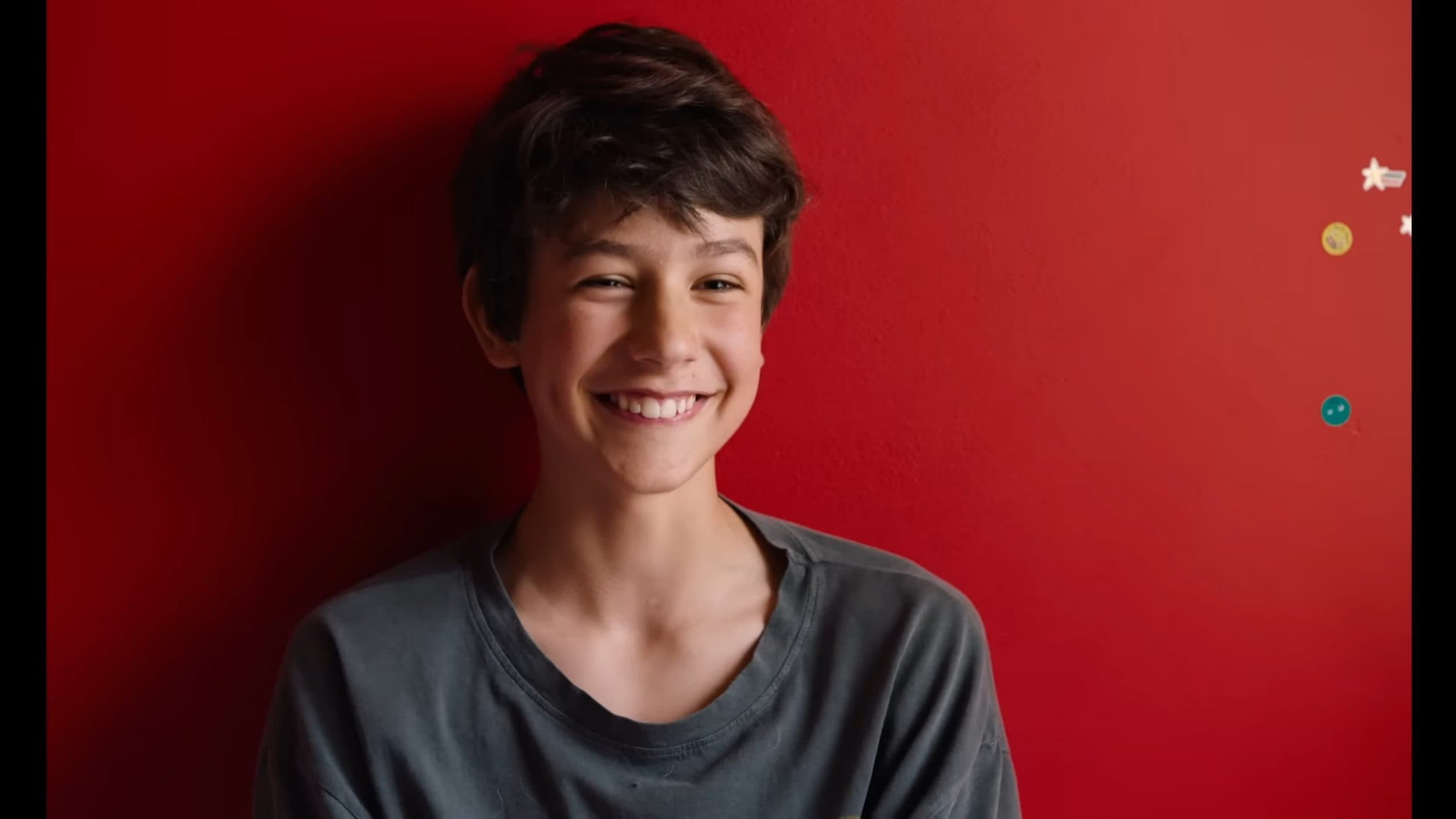Close (2022) – Review/ Summary (with Spoilers)
Male intimacy, and what western society is still adjusting to, makes “Close” a notable exploration of a loving friendship between two boys.

Spoiler Alert: This summary and review contains spoilers.
Additionally, some images and text may include affiliate links, meaning we may earn a commission or receive products if you make a purchase.
Male intimacy, and what western society is still adjusting to, makes “Close” a notable exploration of a loving friendship between two boys.
| Director(s) | Lukas Dhont |
| Screenplay By | Lukas Dhont, Angelo Tijssens |
| Inspired By | “Deep Secrets” by Niobe Way |
| Date Released (Film Festival – Newfest) | 10/15/2022 |
| Date Released (In Theaters) | 11/1/2022 |
| Genre(s) | Drama, Youth, Non-English (French) |
| Duration | 1 Hour 45 Minutes |
| Content Rating | Rated PG-13 |
| Noted Cast | |
| Léo | Eden Dambrine |
| Rémi | Gustav de Waele |
This content contains pertinent spoilers. Also, images and text in this post may contain affiliate links which, if a purchase is made from those sites, we may earn money or products from the company.
Film Summary
Leo and his best friend Rémi were like brothers for most of their summer, maybe their lives. They would sleep in the same bed together, cuddle, play, just everything two best friends would do. That is until the first day of a new school term, and one girl’s assumption they are a couple, paired with one of their classmates, a boy, calls Leo a f****t, leading Leo to distance himself from Remi.
In some ways, it seems like the usual progression of middle school. Two close friends splitting apart and finding other people and interests. However, Leo going back and forth between closeness and isolating himself from Remi causes havoc on Remi’s mental and emotional state. Thus leading to something drastic happening that haunts Leo.
Things To Note
Why Is “Close” Rated PG-13
- Dialog: Use of derogatory words
- Violence: In the form of play fighting and self-harm (not seen on screen)
- Sexual Content: Not applicable
- Miscellaneous: Parents drinking and smoking
Question(s) Left Unanswered
- While it is noted, if you read the press and news about this, Remi is a queer person, what signs of that were in the film? Not that every last queer character has to identify themselves, but considering the basis of the film was just about the intimacy between teenage boys, is Remi only queer because the writer says he is, or is there something actually in the script that makes it so?
Character Descriptions
Please Note: This character guide is not an exhaustive list of every cast member, and character descriptions may contain what can be considered spoilers.
Léo

Léo’s family owns flower fields, and he is the second son of his family, and from what it appears, Leo is well-loved and curious about life, sports, just everything. But, despite all of that, his closest friend is Rémi, who he play fights with, creates adventures with, and even eats at his house and shares a bed with sometimes.
Rémi

Remi has no siblings, but with Leo, he finds a brother who is his everything. Leo is even called his mother’s “Son of the heart” and one of Remi’s greatest champions when it comes to playing the Oboe. Because of this, they are notably close, and because of how close they are in private, Remi has no issue exhibiting the same in public.
Review
Our Rating: Mixed (Divisive)
Highlights
The Exploration Of Non-Sexual Male Intimacy & Society’s Reaction To It
We’re living in an age where queer acceptance is rising in most of the western world, and with that comes people coming out at earlier ages and finding communities that embrace them. But, as shown by Leo, the adjustment hasn’t led to total acceptance. Particularly when your own relationship with someone is questioned, and thus the topic is personal, vs. when it is someone else’s business.
“Close” tries to pursue how complicated that can make someone like Leo, who outright rejects the idea of him and Remi being a couple, can feel. For, before their schoolmates say anything, Leo was more than willing to cuddle Remi, hug him, put his head on his shoulder, or even soothe him by blowing on his face so Remi could sleep. All the ways that, in their cocoon, was nothing, a loving gesture for a friend rather than something based on feelings of romance.
Heck, it’s even established, via his older brother, it has long been normalized in Leo’s family that he needn’t only seek comfort or being consoled by his mother or strictly women. The men in his family could offer this as well. Hence you see why Leo provided that to Remi, for that was his example of brotherhood and love. But, while Leo isn’t averse to homosexuals and doesn’t begin bullying Remi or anything like that as he distances himself, you can tell that society spoiled their relationship.
Like Burt and Ernie, roommates some claim as gay, outsiders pushing their perception tainted something pure and innocent. Ultimately leaving you to wonder, can boys, eventually, men, have the same kind of intimacy women share when there seems to be the need to identify it as gay and not just a loving relationship? Potentially due to homophobia or an aversion to men who don’t strictly form emotional bonds with women, unless gay?
Low Points
How It Handles Remi
Remi is “Fridged” in the movie, meaning harmed, a sacrifice, for the sake of the lead character, Leo’s, growth. The problem with this is the movie goes downhill quickly once it shifts away from the complicated feelings of Leo navigating a world that doesn’t understand his friendship to focusing on him doing ice hockey. For as you watch Leo pursue what locally may be seen as the most masculine thing to do, alongside playing soccer, partly to drown out his emotions, the film begins to lose its hook.
In fact, as time passes, even as Leo eases into talking about his feelings, “Close” feels like it has overstayed its welcome. For what does it have to say without Remi and Leo’s friendship at the center? Honestly, it says nothing.
So to spend most of the film watching Leo avoid the topic of Remi, alongside the film barely, if ever, addressing Remi’s sexuality or why he did what he did, may leave you to question why this needed to be an hour and 45 minutes? For as much as you can understand Leo’s withdrawal of not only his friendship but also the emotional support was heartbreaking; there wasn’t enough development for Remi’s character to push what was the straw that broke the proverbial camel’s back. Everything leans towards what Leo felt and experienced, with Remi ultimately being kindling to further Dambrine’s performance.
Images used for editorial and commentary purposes. All rights remain with their respective copyright holders.


